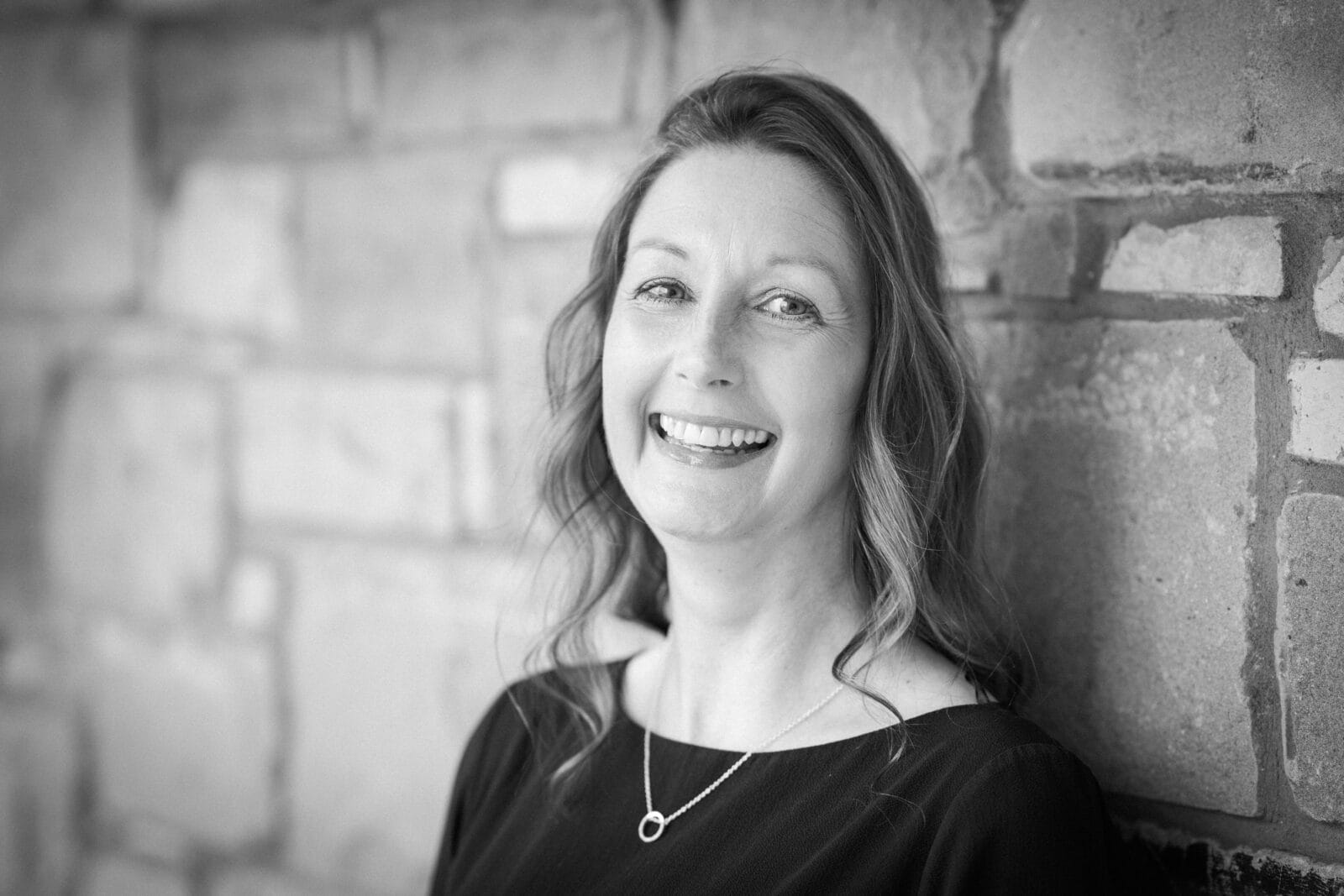It’s a New Year but many of the challenges facing advisers aren’t exactly new. And that includes managing client expectations in today’s uncertain world. In her first blog of the year for IFA Magazine, Katie Brinsden (pictured), Managing Director at the national, directly- authorised IFA, Truly Independent, reflects on some of the events of 2024 and reminds advisers why one of the most valuable aspects of professional advice is helping clients to avoid making rash decisions, to keep calm and stick to the plan.
The Collins Dictionary Word of the Year in 2022 was “permacrisis”. In 2023 it was “AI” – which is arguably not a word per se, but who are we to wrangle with dictionary compilers? And in 2024 it was “brat”.
In its own way, each of these neologisms highlights an uncertain world. The idea of permacrisis emerged in the wake of COVID-19. AI is an engine of technological progress whose speed and scale were largely unforeseen. “Brat”, to quote Collins, is “a fitting word for a year when hedonism and anxiety have combined to form an intoxicating brew”[1].
As we all know, markets do not like uncertainty. Nor do advisers and their clients. But the past 12 months, like the 24 before them, have underlined that this is a new normal.
Take events in the UK. We bade farewell to a government deemed bereft of credibility and ushered in one that promised stability, yet the ensuing months proved anything but plain sailing.
The discovery of a multi-billion-pound “black hole” in the nation’s finances was quickly announced. Winter fuel payments for pensioners were axed. The autumn Budget brought a frenzy of speculation and duly left precious few people feeling better off.
The bigger picture was even less encouraging. With conflicts continuing to rage in Ukraine and the Middle East, the threat of a Third World War became a near-daily feature of both geopolitical rhetoric and media coverage.
Meanwhile, in the US, Donald Trump secured a return to the White House with something akin to a landslide victory. Most markets rose dramatically on the news, but many subsequently fell again as the potential implications of some of his policy proposals – swingeing tariffs foremost among them – began to sink in.
Against this bewildering backdrop, specific sectors and holdings surged and plummeted and surged again – on many occasions in response to disappointing earnings reports or other unanticipated developments. Perhaps above all, Big Tech stocks served as a monument to volatility.
All things considered, then, it was a rollercoaster ride – again. In addition, everything points to 2025 dishing up more of the same. So, what lesson might advisers carry forward as they contemplate the way ahead?
I think the main takeaway is that the importance of encouraging calm is enormous. In the face of turmoil – whatever form it might take – clients must remain focused on what really matters.
With this ideal in mind, it is first necessary to recognise how easy it is to become anxious about a financial journey. Everyone can find something to worry about if they look hard enough – and nowadays it often seems we do not have to look very hard at all.
Keep calm and carry on
The key here is to help clients appreciate that their concerns are likely to prove relatively fleeting. One of the biggest mistakes they can make is to extrapolate short-term upheaval into something far more lasting.
After all, history shows even the most seismic shocks eventually give way to recovery. The pandemic and the global financial crisis are two obvious recent examples.
Relatedly, it is vital that we preach pragmatism and emphasise the value of a long-term view. This sort of thinking may be more important now than it has been for some years.
Clients must acknowledge that building a secure financial future is not a short-lived undertaking. In tandem, they must understand that good habits are central to successful saving and investing over time.
The gradual accumulation of assets may be the most significant of those habits. It is likely to involve steadily racking up one small victory after another rather than leaping in and out of markets like a frenzied day trader.
The value of a long-term financial plan – and sticking to it
Crucially, holding firm when the wider world appears less than settled is central to the required mindset. The fact is that doing nothing – or comparatively little – usually proves more prudent than making rash decisions after succumbing to fear or a similarly perilous emotion.
Of course, some clients might not wish to be told they are unlikely to get rich overnight. They may be less than thrilled to learn they should be patient and pragmatic.
But this brings us back to Collins. One of the finalists for Word of the Year 2024 was “delulu”, which describes the condition of being “utterly mistaken or unrealistic in one’s ideas or expectations”[2].
Ultimately, we are all in the business of effective expectation management. As another challenging year gets underway, the vast majority of clients are likely to welcome honest and well-intentioned advice that is appropriate for an age defined by uncertainty.
Katie Brinsden is Managing Director of Truly Independent.
[1] See, for example, Collins Dictionary: “The Word of the Year for 2024 is…”, November 2024 – https://www.collinsdictionary.com/woty.
[2] Ibid.















